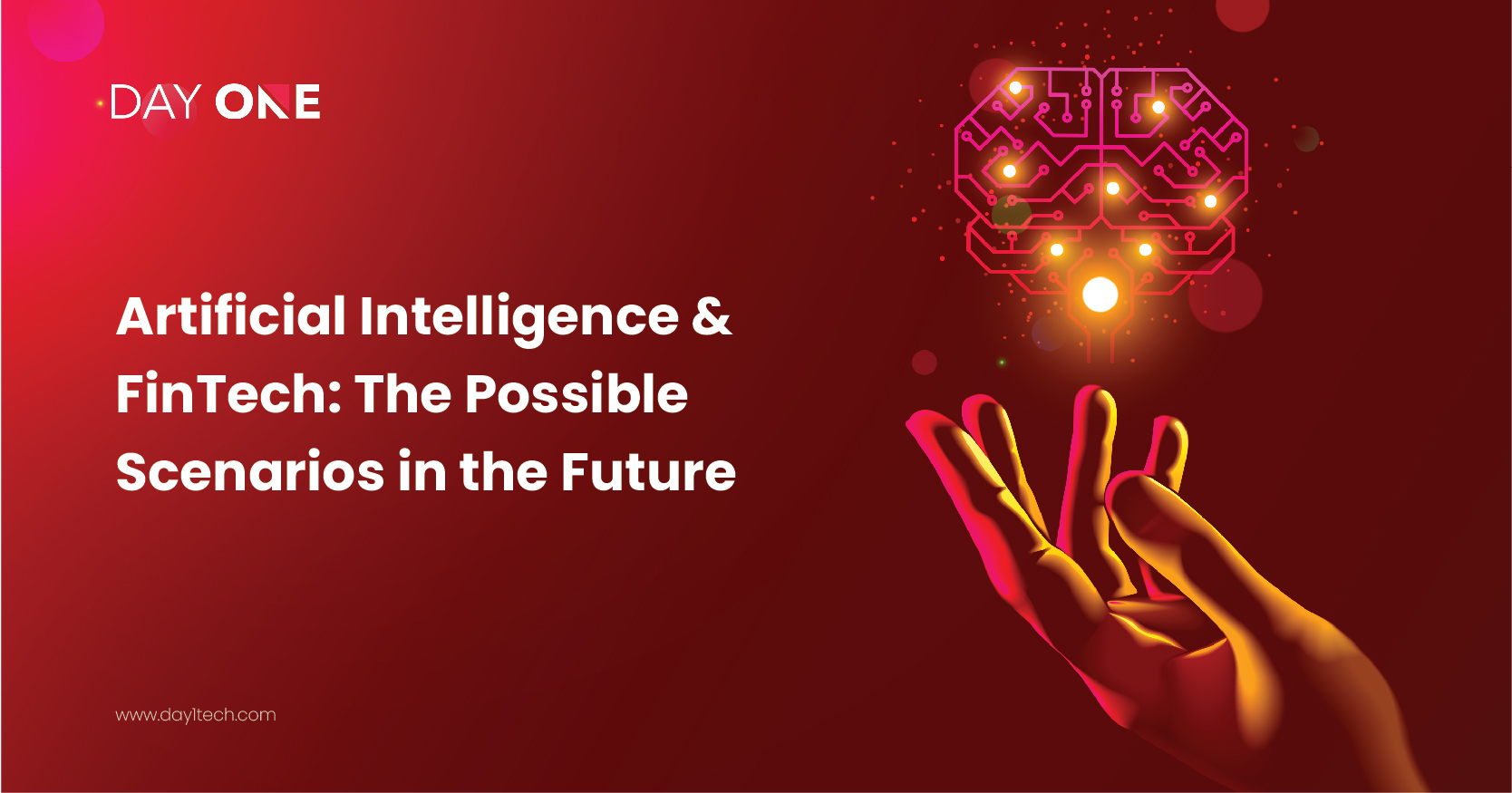The combination of these two technologies have the potential to change the world for the better and for the worse. While there are many benefits of artificial intelligence and fintech, this pairing can be employed for nefarious purposes as well.
For example, artificial intelligence could be used to manipulate people into making decisions that they might not normally make based on their own preferences. In addition, AI can be used to automate decision-making that is traditionally performed by humans in financial institutions and other services. This could lead to a situation where human oversight becomes obsolete or even detrimental because it violates privacy concerns in certain situations (i.e., if someone wants their personal information kept private).
This pairing also has implications when considering who makes decisions about how technology should be used: people versus algorithms? If you’re an AI skeptic then perhaps you would want humans making these decisions instead of computers because they know more about human behavior than a machine ever will; however if you’re an AI enthusiast maybe this makes sense since computers are able to process data at much faster speeds than humans do so it would make sense that computer programs should make all big decisions involving what happens with finances around us every day (e.g., which stocks or bonds we buy).
Predictions for the Future of AI in the Technology Sector
What does the future of AI look like? With so many platforms and companies eager to implement AI, there’s no doubt that it has a bright future ahead. Here are some predictions for the future of AI in the technology sector:
Artificial Intelligence will be available around the world. As more and more people become part of the global digital society, we will see an increase in demand for personalized experiences across devices. This means that AI will have to be trained to understand and respond to people from different parts of the world as well as different cultures.
Artificial Intelligence will change how we work and live our daily lives. As artificial intelligence becomes smarter, it is expected that it will help us manage our time better by performing mundane tasks such as scheduling appointments or making travel arrangements. Furthermore, with organizations like Amazon and Airbnb already implementing robots into their workforce, it is not hard to imagine a day when robots can do many of our jobs for us!
Artificial Intelligence will improve quality of life across industries. From healthcare to agriculture, there are so many ways that machine learning can help improve quality of life in various facets around us! For example, an artificial intelligence development company recently released an app which allows doctors to access patient information on their smartphones instead of having them carry heavy stacks around all day long – making their job much easier!
Artificial Intelligence Beyond Financial Services
Beyond finance, artificial intelligence is already used in a range of industries. In retail banking, AI is used to facilitate services such as chatbots and virtual assistants. Credit scoring agencies use AI to predict customer behavior and risk scores. It’s also used by banks for fraud detection, personal financial management (PFM) tools and investment management services.
AI technologies are also used in other business areas such as advertising, marketing (e.g., marketing automation), salesforce automation, insurance claims processing and underwriting, supply chain management / logistics, e-commerce order processing and customer support services operations.
You may not be aware of how much AI is already in use within financial services. There are many areas where it can be applied, and the benefits are substantial.
Retail banking: AI helps to improve customer service through the use of chatbots that can provide personalized banking services over the internet or Mobile App.
Credit scoring: Algorithms determine whether a loan applicant is a good risk based on past performance, including payment history and accumulated debt.
Fraud detection: Algorithms detect suspicious patterns in transactions, such as large withdrawals or purchases made outside normal spending patterns.
Personal financial management (PFM): This type of tool uses an algorithm to analyze users’ spending habits, assess their risk tolerance and recommend investment strategies accordingly. PFM tools also allow users to gain insight into their financial health by providing a comprehensive view of all accounts (checking, savings, credit card) in one place. Some PFM tools also offer budgeting capabilities that help users keep track of expenses and reduce wasteful spending habits like dining out too often or buying unnecessary items online without thinking about it first — do you really need another pair of shoes?
Investment management: Tools like robo advisors use artificial intelligence algorithms to create personalized portfolios based on your risk tolerance and goals while minimizing fees associated with traditional portfolio managers — these robots don’t have mortgages to pay!
How Will AI Increase Productivity In the Banking Sector?
AI’s power to automate tasks is especially useful in the financial sector. According to a McKinsey report, the industry stands to see cost savings of 60% or more by using AI in business processes and productivity. A reduction in costs means better service offerings that lead to increased sales.
The productivity benefits of AI extend beyond automation. Since computers are capable of reading up to 2,000 times faster than humans, AI is also able to analyze an enormous amount of data at a rapid speed. The high-quality output from this analysis can help inform strategic decision making for key business operations like fraud detection and customer personalization. This frees up your company’s human resources to focus on other tasks that require creativity and decision-making abilities—skills that are unique to human intelligence and can’t be replicated by algorithms.
How will AI Change Customer Service in the FinTech Industry?
First, AI will make customer service faster, cheaper and more efficient.
As AI chatbots become smarter and more intuitive, they will be able to handle more complex requests. For example, a chatbot can recognize the intent of a question without having to ask clarifying questions.
By eliminating repetitive tasks and improving the resolution rate for customers’ queries, both call centers and customers will benefit from these improvements in service efficiency. In addition to reducing costs for companies in terms of labor costs, not having to route calls through multiple agents also has the added benefit of saving time for both consumers and employees. It is estimated that 20% to 40% of customer service queries can be handled by intelligent virtual assistants (IVAs).
Also, visit – https://topflightapps.com/ideas/how-to-build-a-market-ready-fintech-app-in-record-time/






